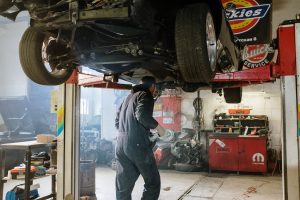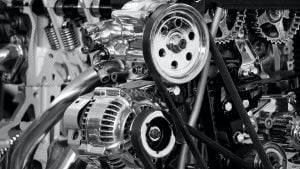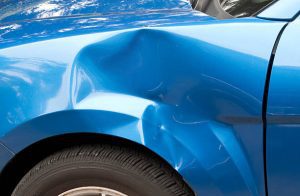Avoiding Costly Car Repairs


Avoiding Costly Car Repairs: A Comprehensive Guide


Introduction
Owning a car comes with the responsibility of maintaining it to ensure its longevity and avoid costly repairs. Regular maintenance and proactive care can help prevent small issues from turning into major problems that can drain your wallet. In this guide, we will provide you with a step-by-step approach to help you avoid costly car repairs and keep your vehicle in optimal condition.
Section 1: Regular Maintenance
1.1 Perform Scheduled Maintenance
Following the manufacturer’s recommended maintenance schedule is crucial to keep your car running smoothly. Regularly scheduled maintenance includes tasks such as oil changes, air filter replacements, and spark plug inspections. Adhering to these intervals can help identify potential issues early on and prevent them from escalating into costly repairs.
1.2 Check Fluid Levels
Regularly checking and maintaining the fluid levels in your car is essential for its proper functioning. This includes engine oil, transmission fluid, coolant, brake fluid, and power steering fluid. Low or contaminated fluids can lead to engine damage or other system failures, so make it a habit to check these levels at least once a month.
1.3 Inspect Belts and Hoses
Over time, belts and hoses can wear out and become susceptible to cracks, leaks, or other damage. Routinely inspecting them can help identify issues before they lead to more severe problems. Look for signs of fraying, cracking, or bulging, and replace any damaged belts or hoses promptly.
1.4 Maintain Tire Pressure and Rotation
Proper tire maintenance not only ensures optimal performance and fuel efficiency but also prevents premature tire wear. Regularly check your tire pressure and inflate them to the recommended level. Additionally, rotate your tires at the manufacturer-recommended intervals to promote even wear and extend their lifespan.
Section 2: Proactive Care
2.1 Drive Responsibly
Your driving habits can significantly impact the longevity of your car. Avoid aggressive driving, sudden acceleration or braking, and excessive idling. These habits put unnecessary stress on various components, leading to accelerated wear and potential damage.
2.2 Avoid Overloading
Exceeding your vehicle’s recommended weight limit can strain the suspension, brakes, and other critical components. Always check your vehicle’s load capacity and avoid carrying excessive weight. If you need to transport heavy items, consider using a trailer or making multiple trips instead.
2.3 Park in a Covered Area
Exposing your car to harsh weather conditions, such as extreme heat or freezing temperatures, can cause damage over time. Whenever possible, park your car in a covered area, such as a garage or carport, to protect it from the elements.
2.4 Be Mindful of Potholes and Speed Bumps
Potholes and speed bumps can wreak havoc on your car’s suspension and alignment. Whenever you encounter these road obstacles, slow down and navigate them cautiously. If you notice any unusual noises or vibrations afterward, have your vehicle inspected by a professional.
Section 3: Addressing Issues Promptly
3.1 Listen to Your Car
Your car often provides early warning signs of potential problems. Pay attention to any new or unusual noises, vibrations, or odors. These can indicate issues with the engine, brakes, suspension, or other vital components. If you notice anything out of the ordinary, have your car inspected by a qualified mechanic as soon as possible.
3.2 Check Engine Light
The check engine light is an indicator that something is amiss with your vehicle’s systems. Ignoring this warning can lead to more significant issues and expensive repairs down the line. Invest in an OBD-II scanner to read the diagnostic trouble codes and promptly address the underlying problem.
3.3 Don’t Delay Repairs
When minor issues arise, it can be tempting to put off repairs to save money or avoid the inconvenience. However, delaying necessary repairs can cause further damage, leading to more extensive and costly repairs in the future. Addressing problems promptly can help prevent them from escalating and ultimately save you money in the long run.
Conclusion
By following these proactive steps and practicing regular maintenance, you can significantly reduce the risk of costly car repairs. Regularly scheduled maintenance, proactive care, and prompt attention to issues are key to keeping your vehicle in top shape and avoiding unexpected expenses. Remember that investing in the proper care and maintenance of your car today can save you substantial time, money, and frustration in the future.








